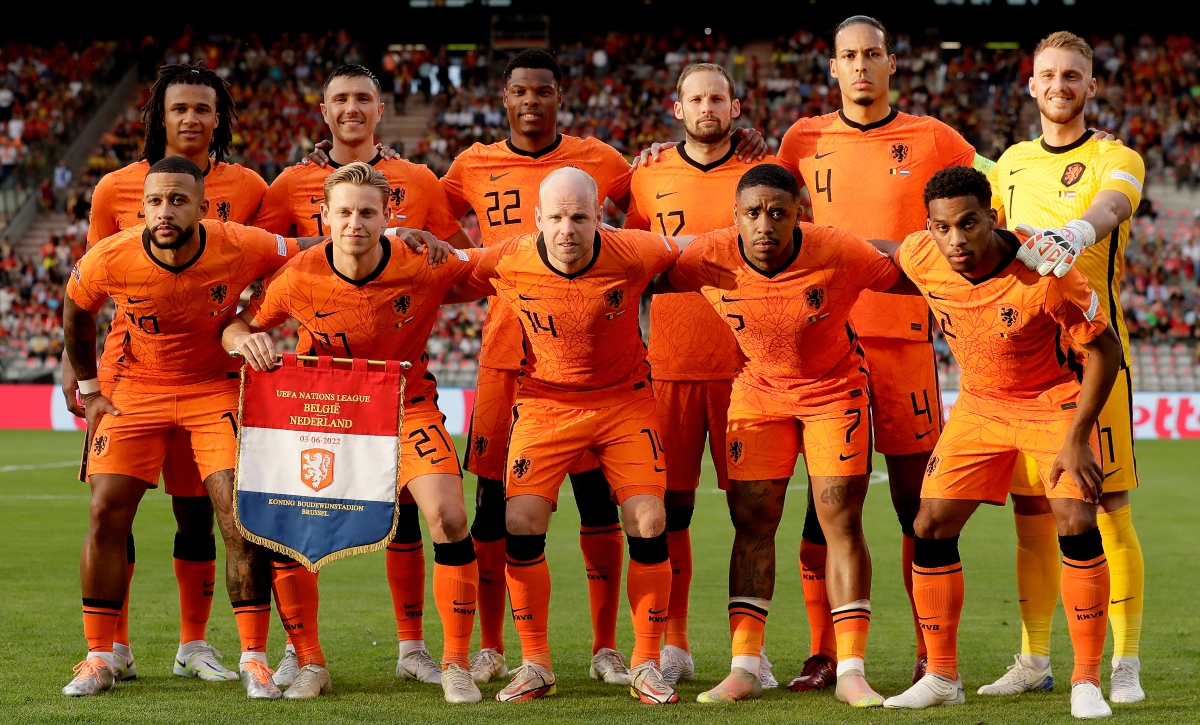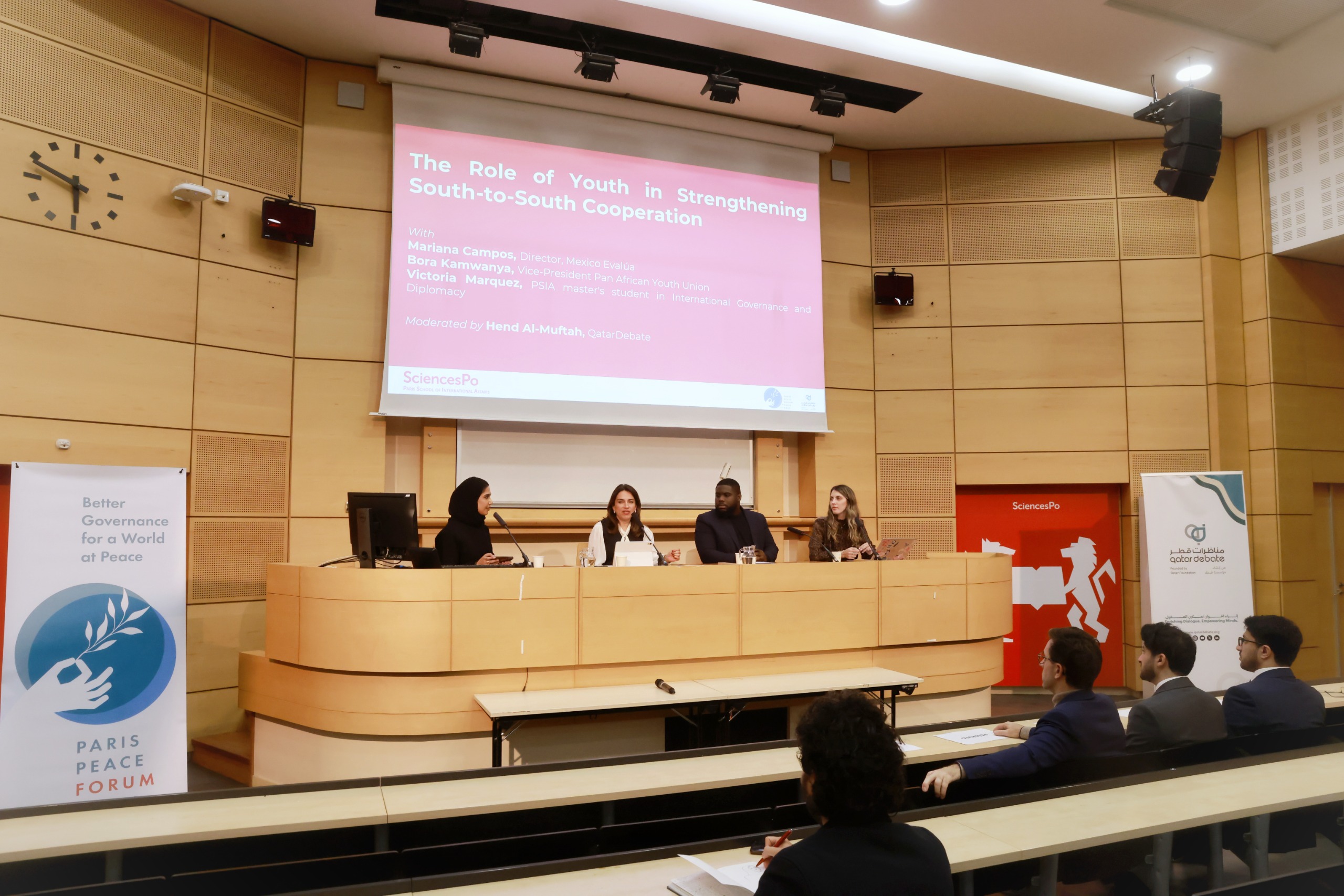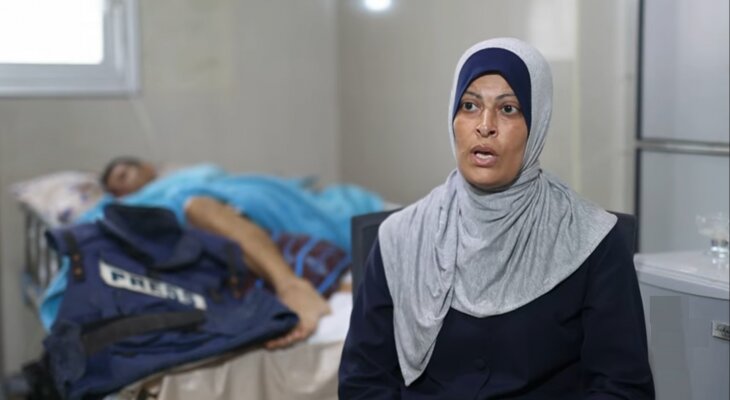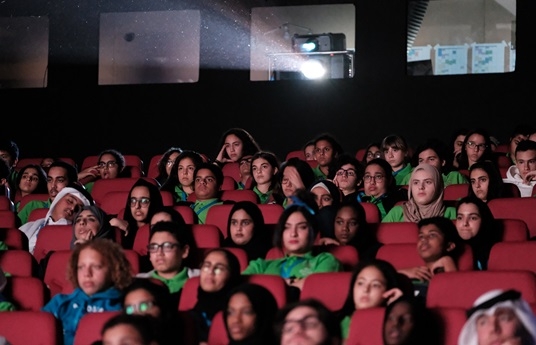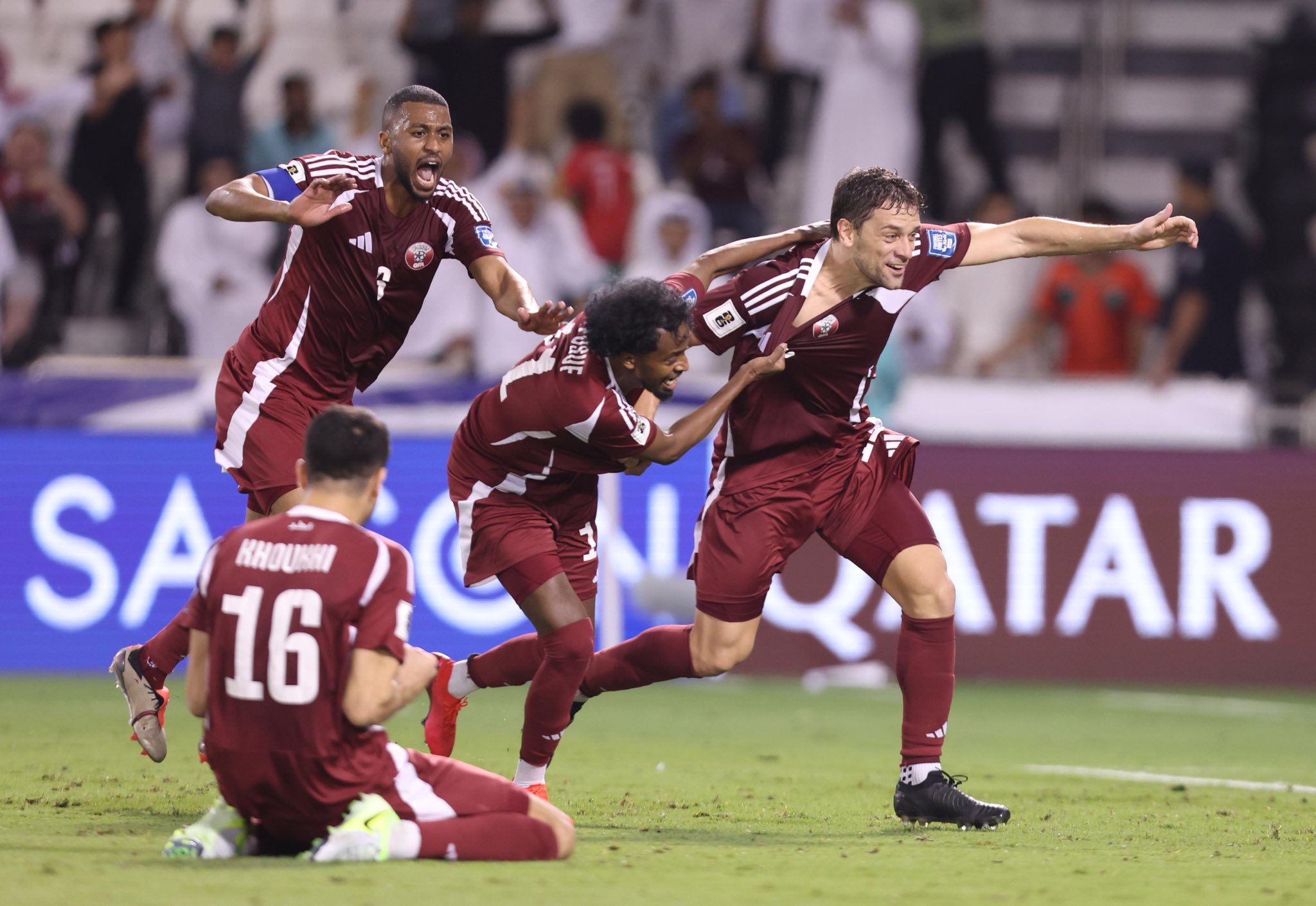Nine months after the KNVB raised nearly €380,000 for Qatar’s migrant workers, the funds remain unallocated, with operational costs significantly depleting the initial amount.
The Royal Dutch Football Association (KNVB) has yet to distribute the €380,000 it purportedly raised for Qatar’s migrant workers by auctioning off shirts worn by the Dutch national team during last year’s World Cup.
Research conducted by RTL Nieuws reveals that over €150,000 was sliced off the total amount to cover auction costs—contrary to the KNVB’s initial pledge that the “full amount” would be earmarked for the workers.
The World Cup held in Qatar last year attracted a barrage of criticism from human rights organisations and European football federations, including the KNVB.
Rather than pulling out of the tournament, the KNVB orchestrated a meeting between Dutch footballers and migrant workers and initiated the shirt auction.
Virgil van Dijk, Oranje’s captain, emphasised the team’s commitment to aiding the migrant workers during the World Cup. “We want to make a concrete contribution from the dressing room,” van Dijk stated.
He further asserted in November 2022 that the auction proceeds would “entirely” finance initiatives aimed at bettering the lives of the migrant workers in Qatar.
However, RTL’s investigation revealed a discrepancy between pledges and practice.
The auction was conducted by MatchWornShirt (MWS), which transferred a notably reduced sum of €228,976.67 to Mondiaal FNV in June.
Mondiaal FNV, appointed by the KNVB to find a suitable project in Qatar, had been awaiting the funds.
Tijmen Zondewijk, MWS’s director, explained the reduced sum, stating, “We are a company, and my people also have to be paid. In addition, we have incurred costs.”
These costs included travel and accommodation for two MWS employees sent to Qatar, special washing machines to make the shirts “DNA-free,” a €100 charge per shirt from the KNVB for all 179 auctioned shirts, and an additional €25,500 in taxes.
Jaap Paulsen of the KNVB told RTL, “The costs were necessary to make this auction possible in the first place.”
He conceded that the KNVB had “communicated incorrectly at the time” about transferring the full auction amount, admitting it should have specified that only the net amount would be transferred.
Mondiaal FNV, responsible for international projects, only learned in May that the funds would be transferred to their account.
The union is now in talks with the international workers’ union BWI, which has local ties and a track record in advocating for the rights of migrant workers in Qatar. It remains undisclosed whether additional costs will be incurred in this next phase of fund allocation.
Amidst a series of compromises and delayed action, the funds intended to alleviate the plight of migrant workers in Qatar are yet to be put to their professed use.
Given the KNVB’s initial outspoken criticism of human rights conditions in Qatar, this delay tarnishes its credibility.
Qatar’s migrant rights
Since winning the bid in 2010, Qatar launched a vast development programme as part of its preparations for the FIFA World Cup 2022, including the construction of stadiums and other infrastructure projects like hotels, highways, and public transportation systems from scratch.
In 2014, international trade unions filed a complaint with the International Labour Organisation (ILO), accusing Qatar of failing to address its labour rights violations. Four years later in 2018, ILO established an office in Qatar to work hand in hand with the government to address the concerns.
Alongside the ILO, Qatar launched a programme to support significant labour reforms that have proven to mark a major shift in the lives of thousands of migrant workers in the country.
ILO priorities in the country have included the establishment and implementation of new Occupational Safety and Health and inspection policies, as well as addressing reducing heat stress.
While hundreds of thousands of workers have already benefited from the reforms, experts believe that more urgent efforts are required to ensure that all workers make the most out of the changes.
In the lead up to the World Cup in November, Qatari officials said critics failed to acknowledge such progress and instead continued to bombard the first Arab and Muslim country to host the tournament with unprecedented attacks.

